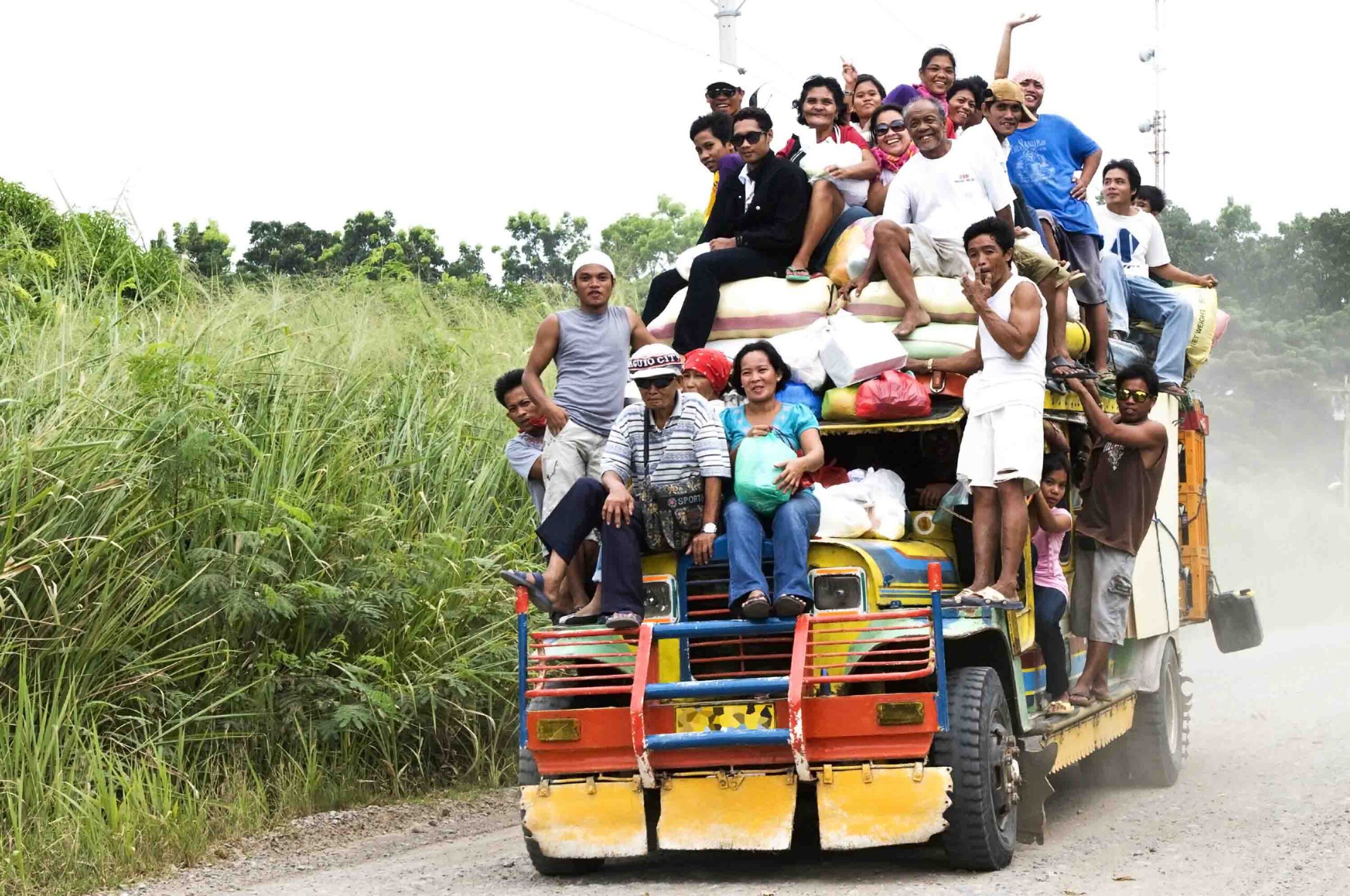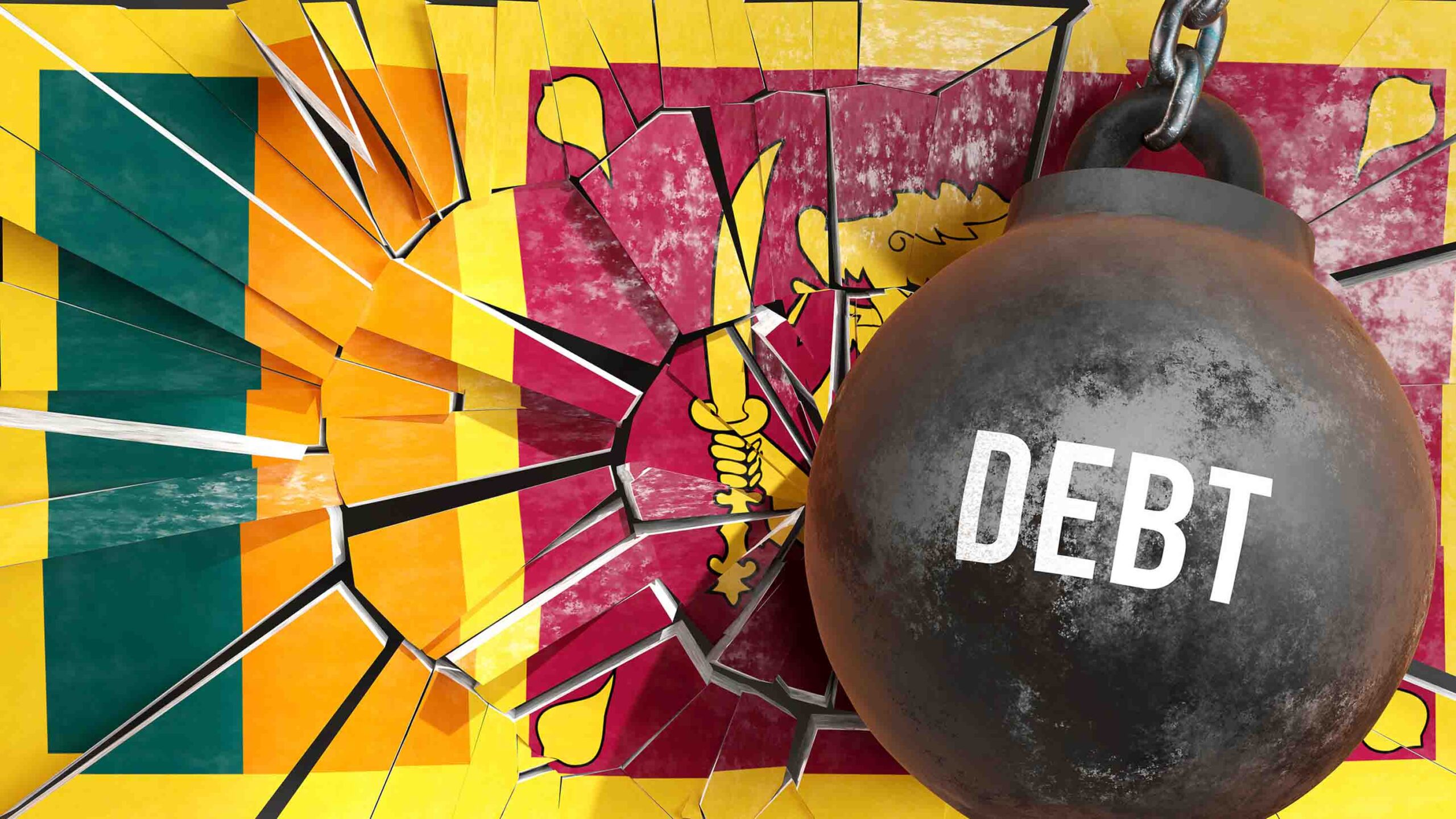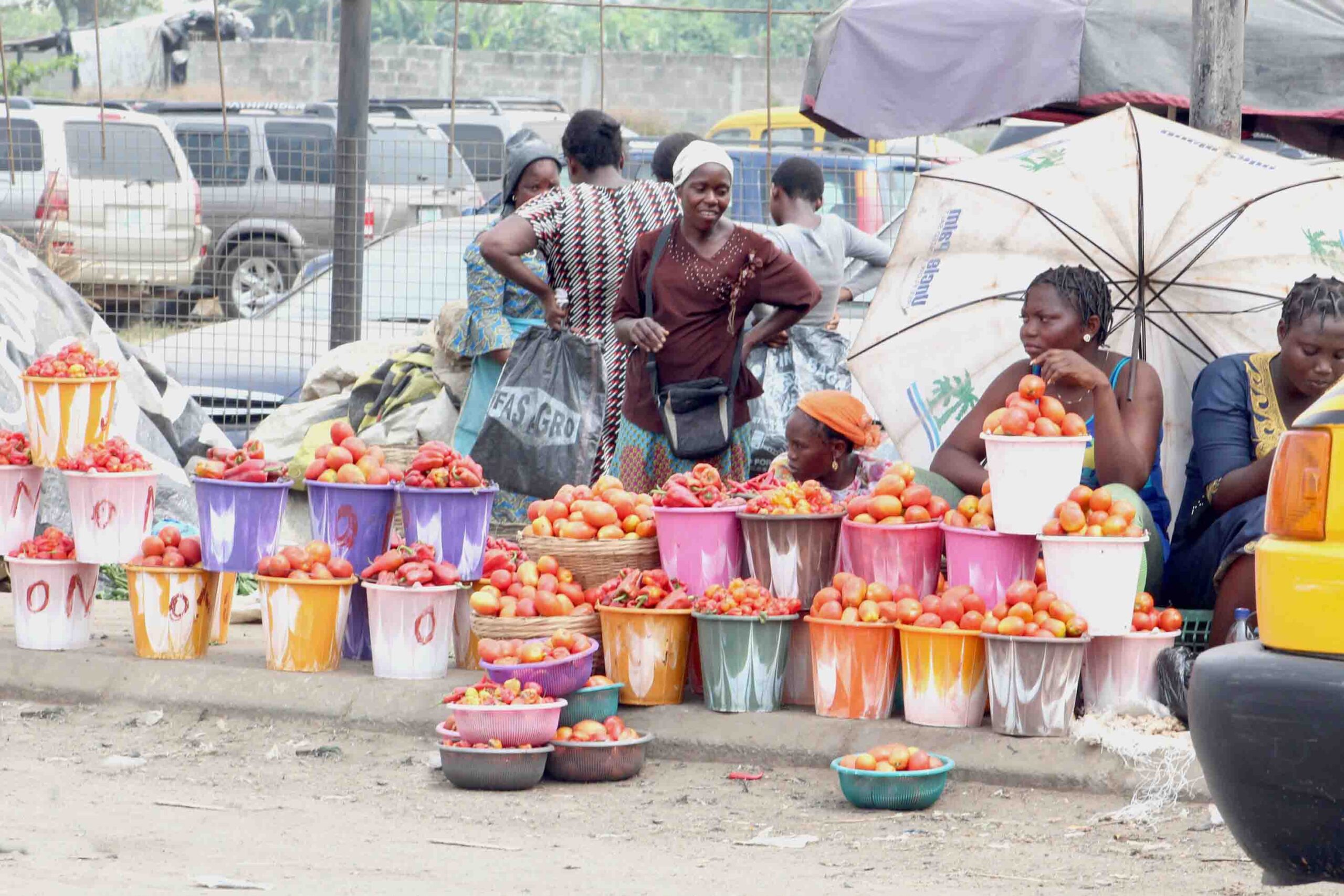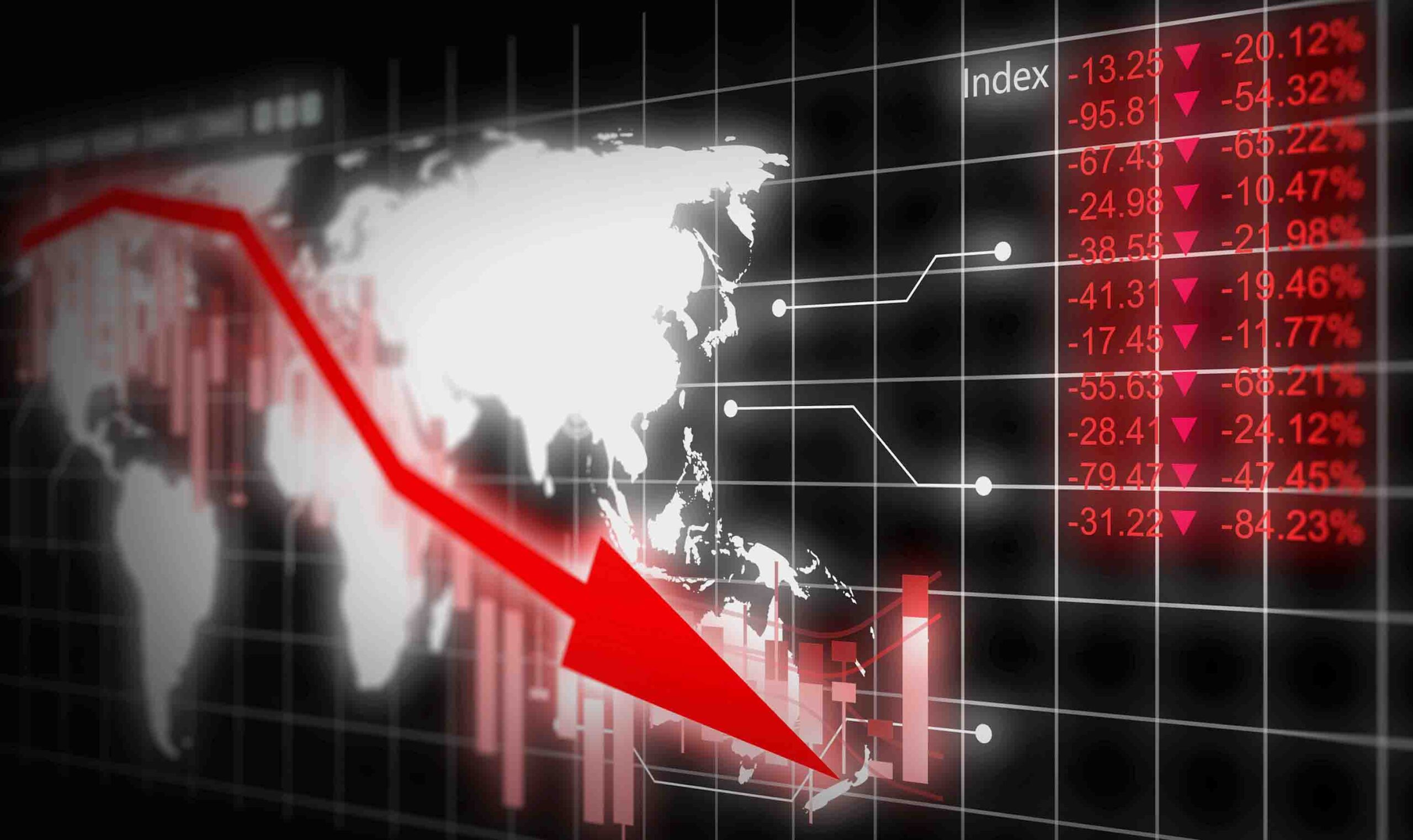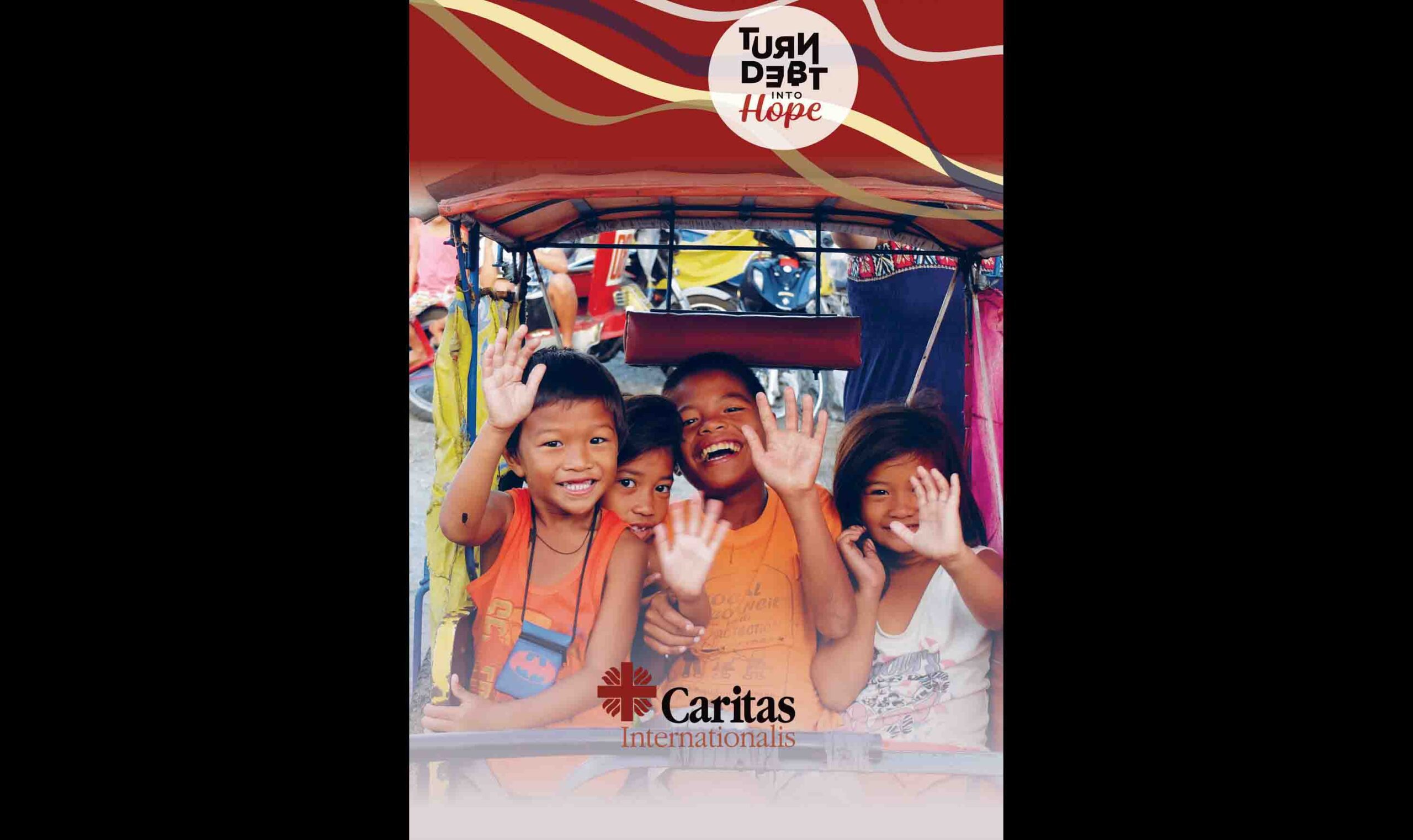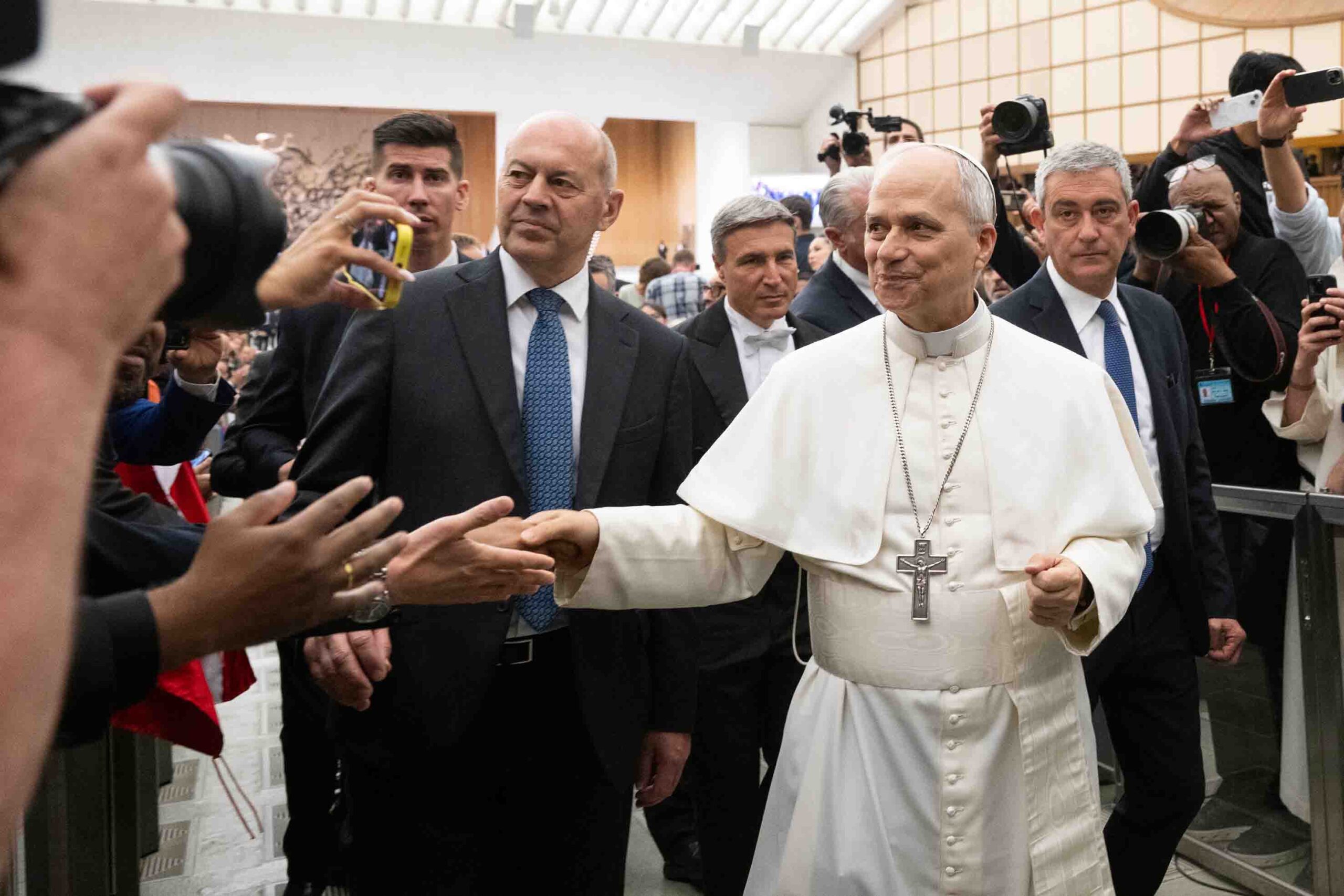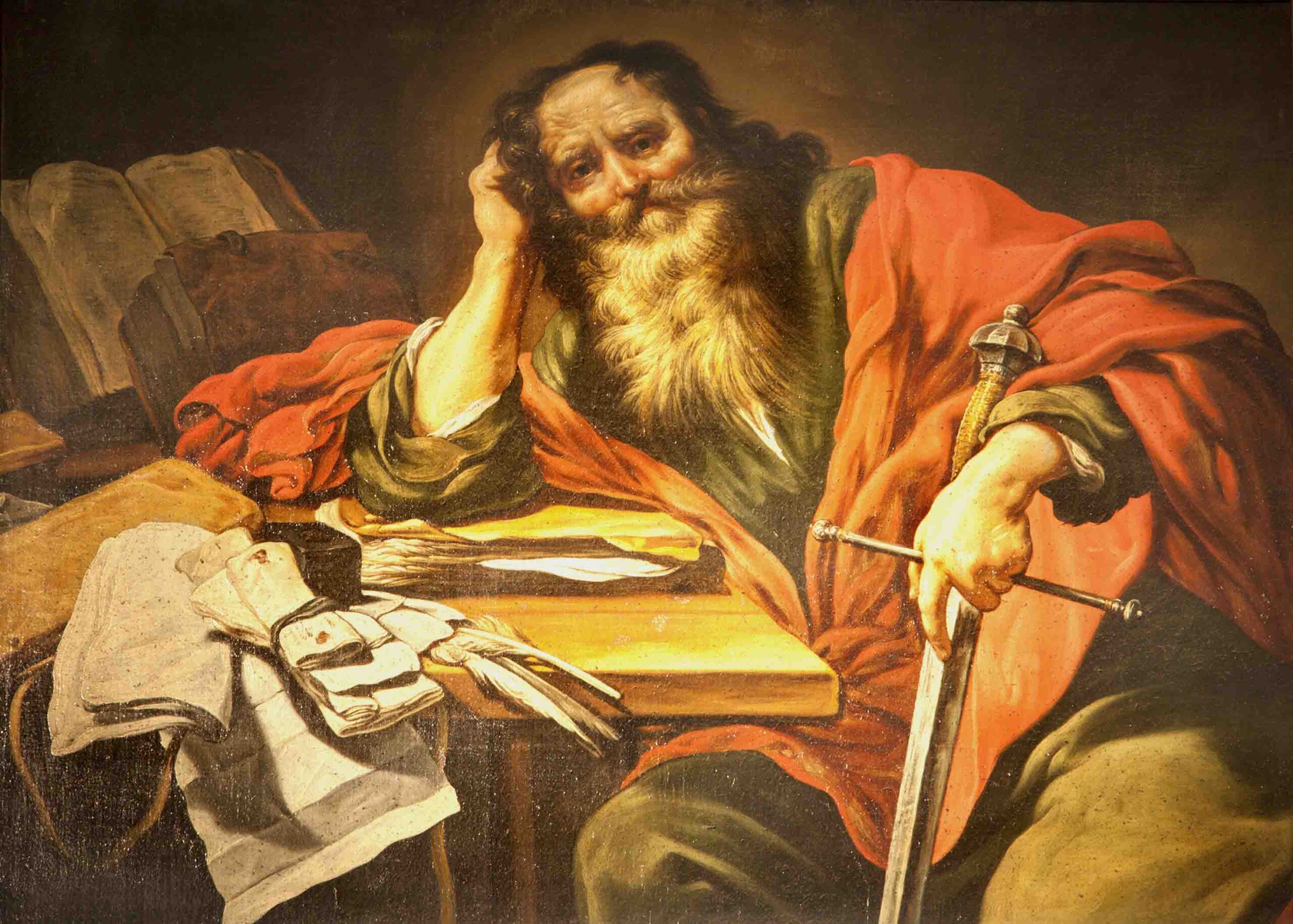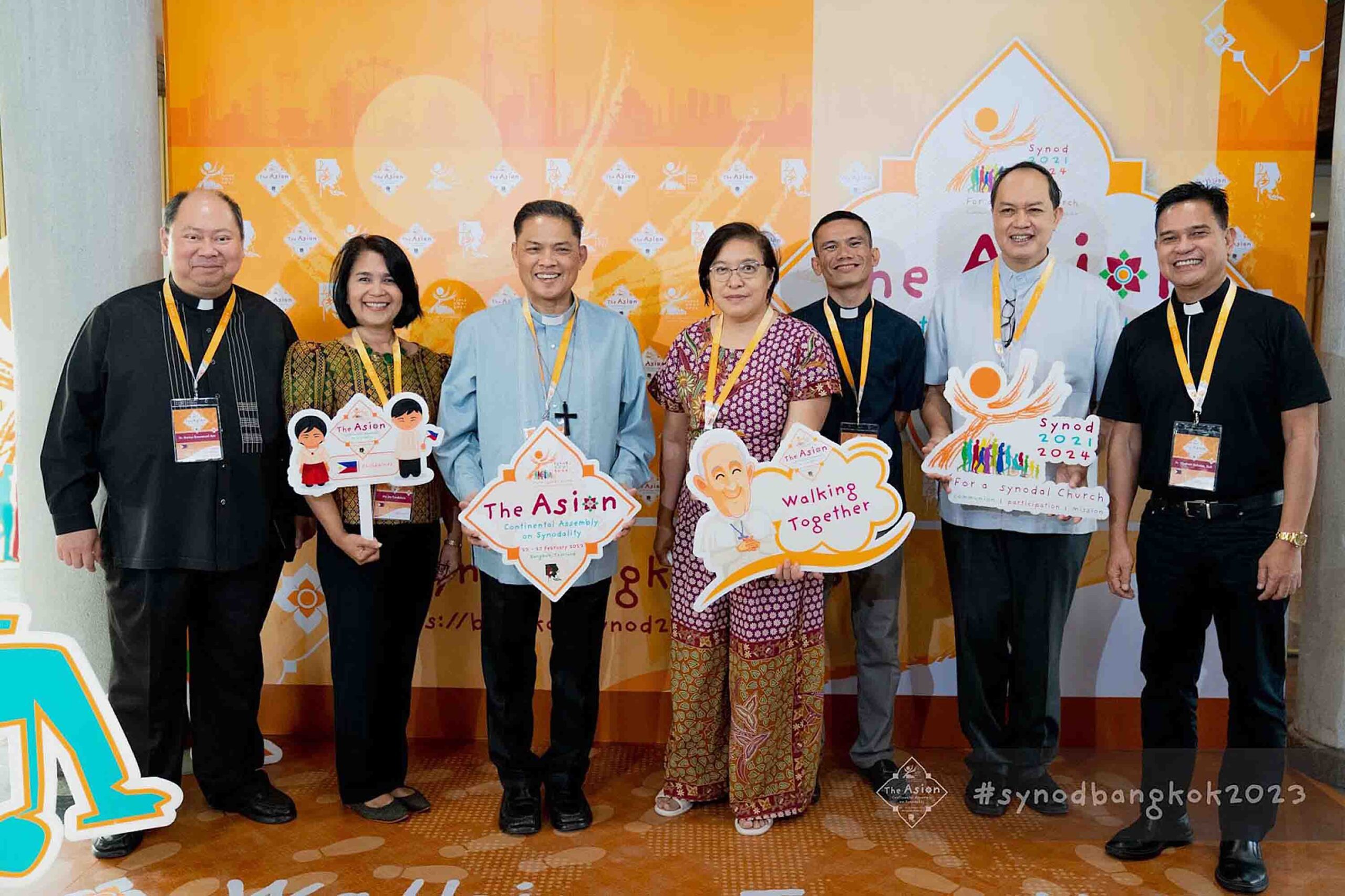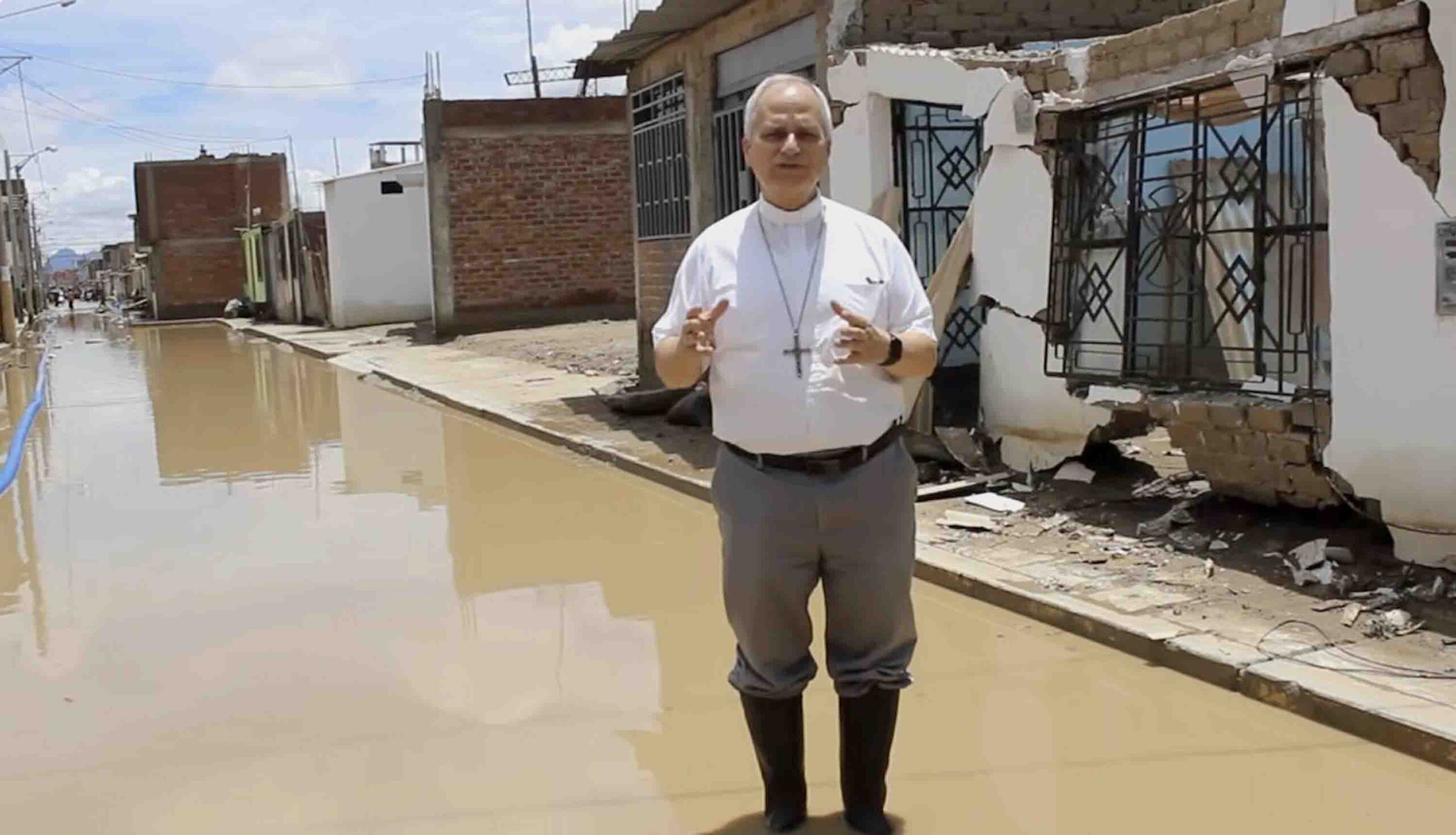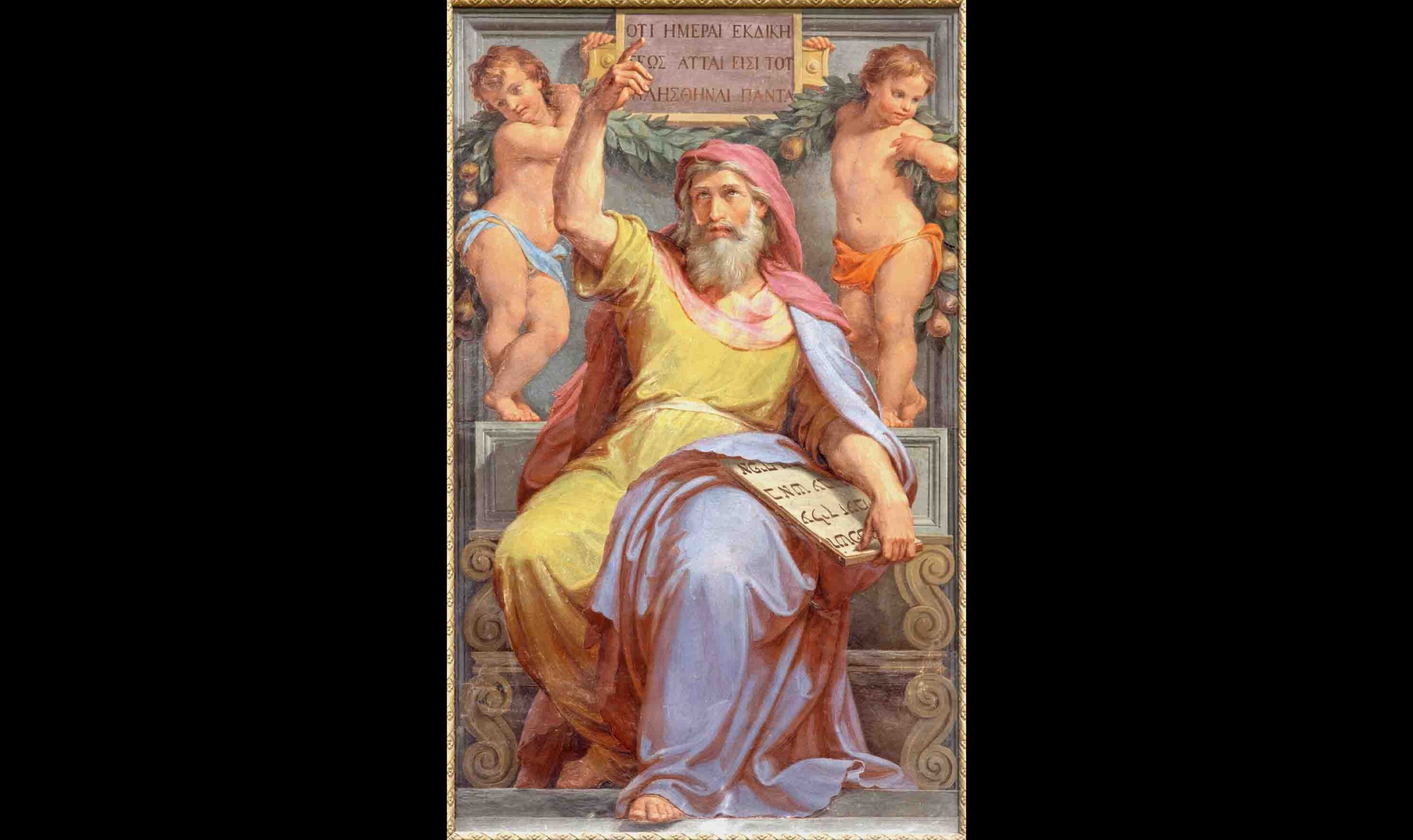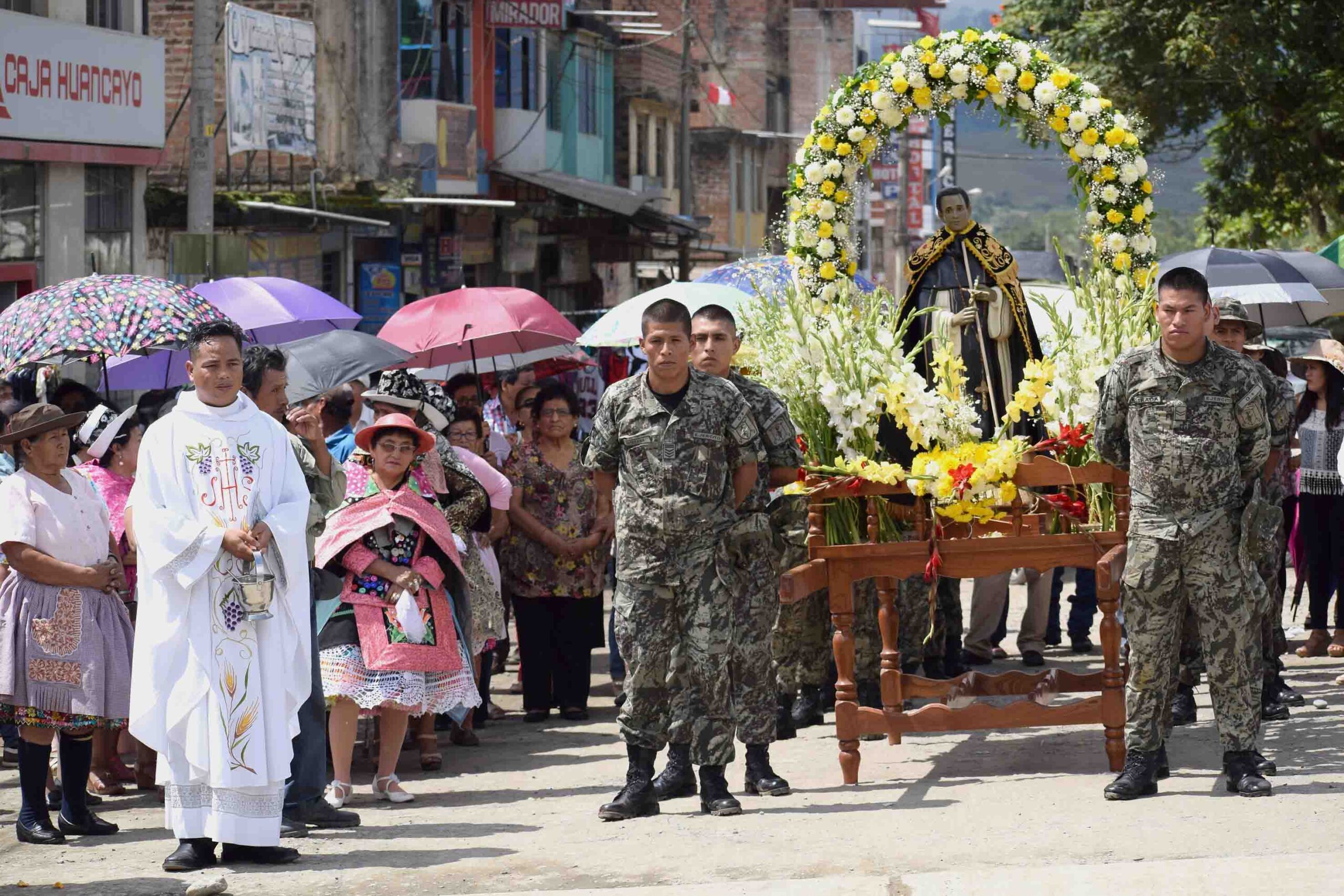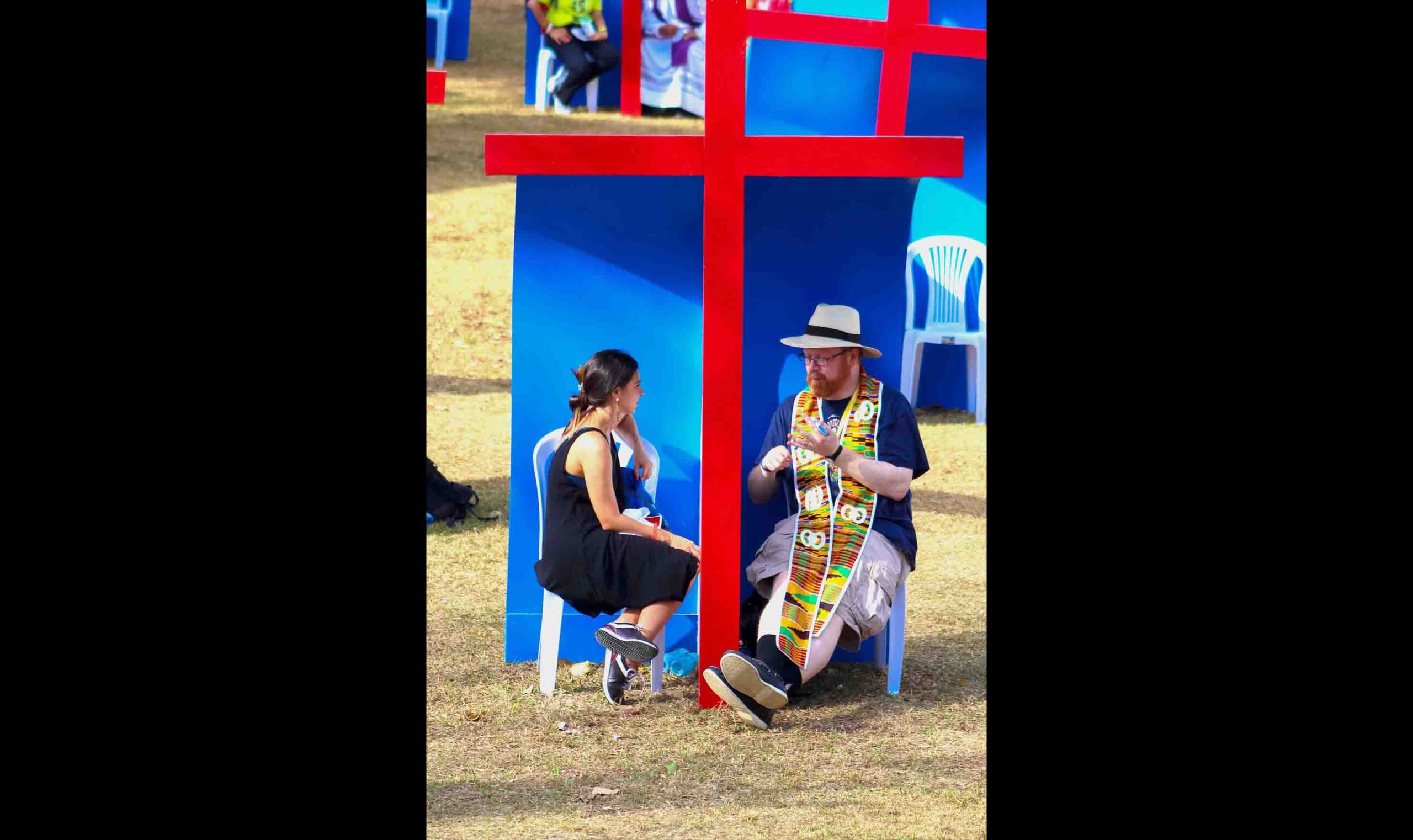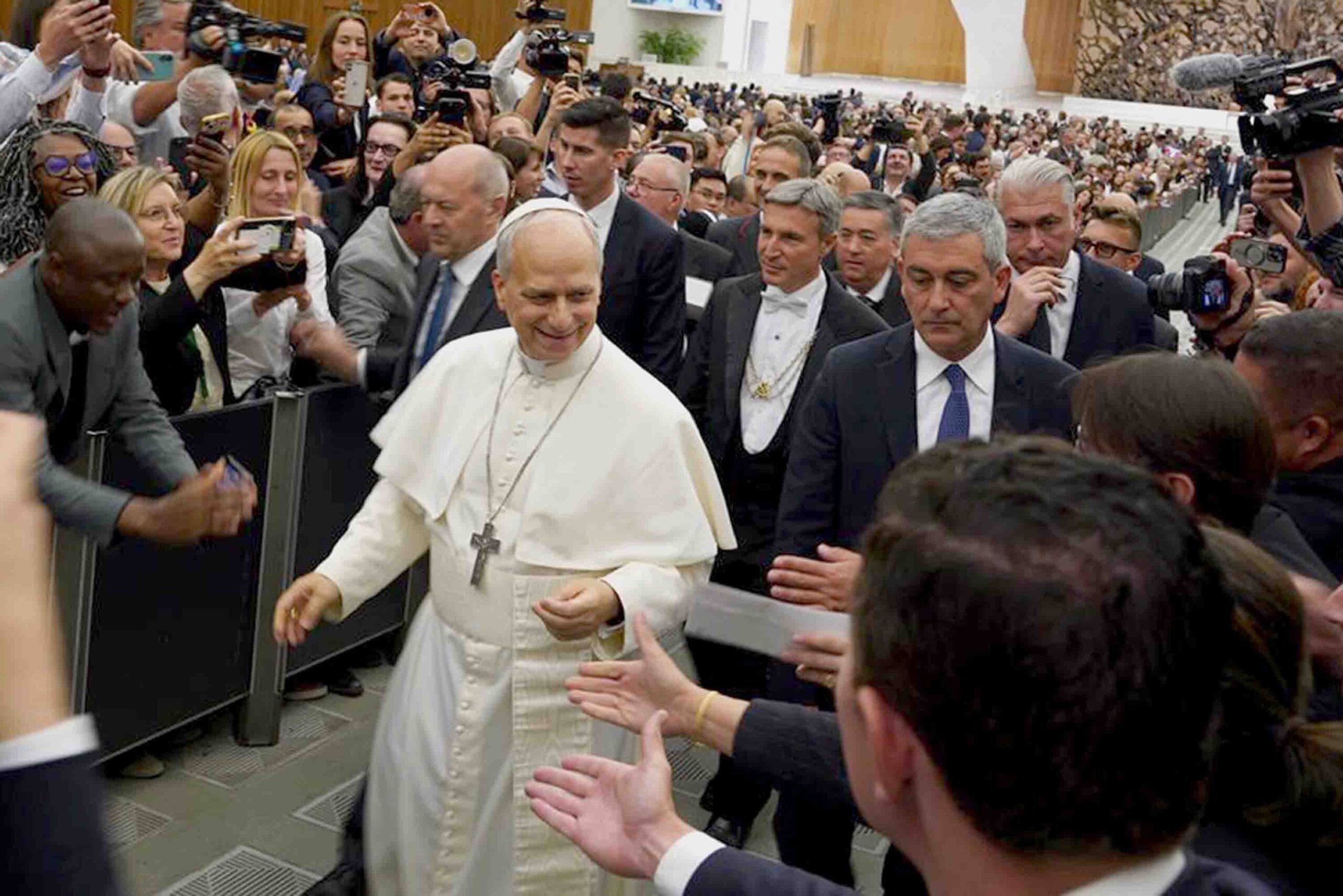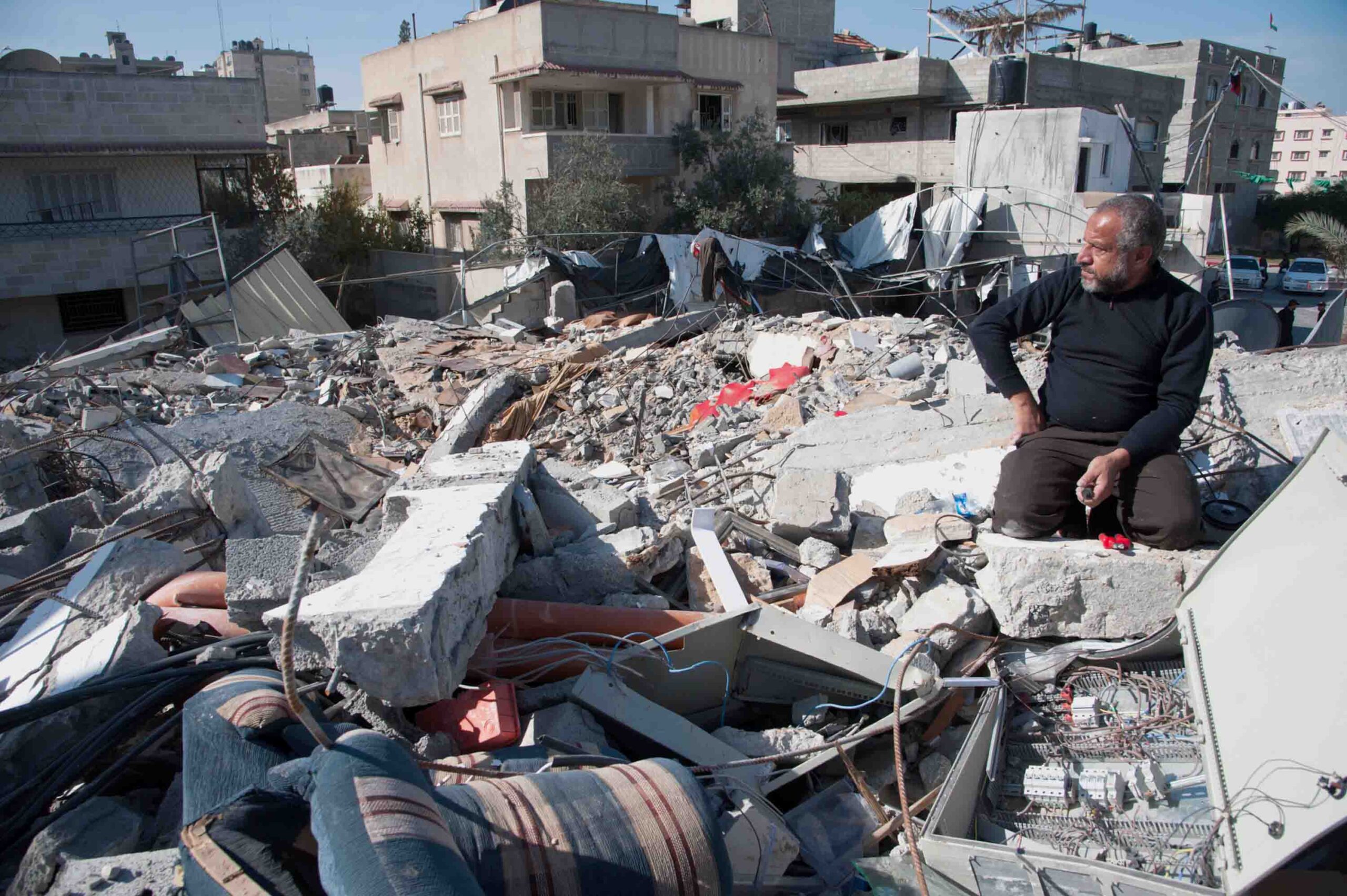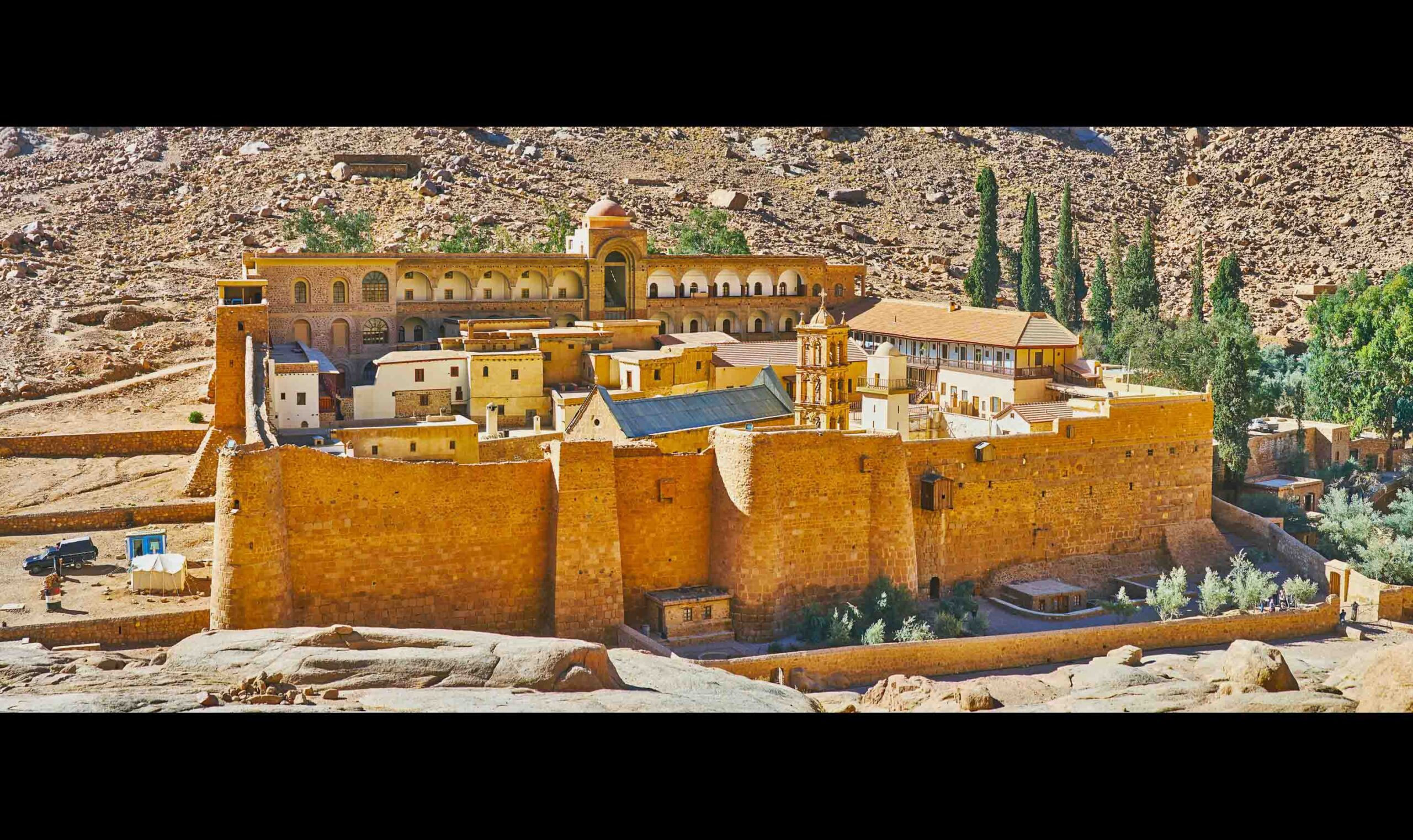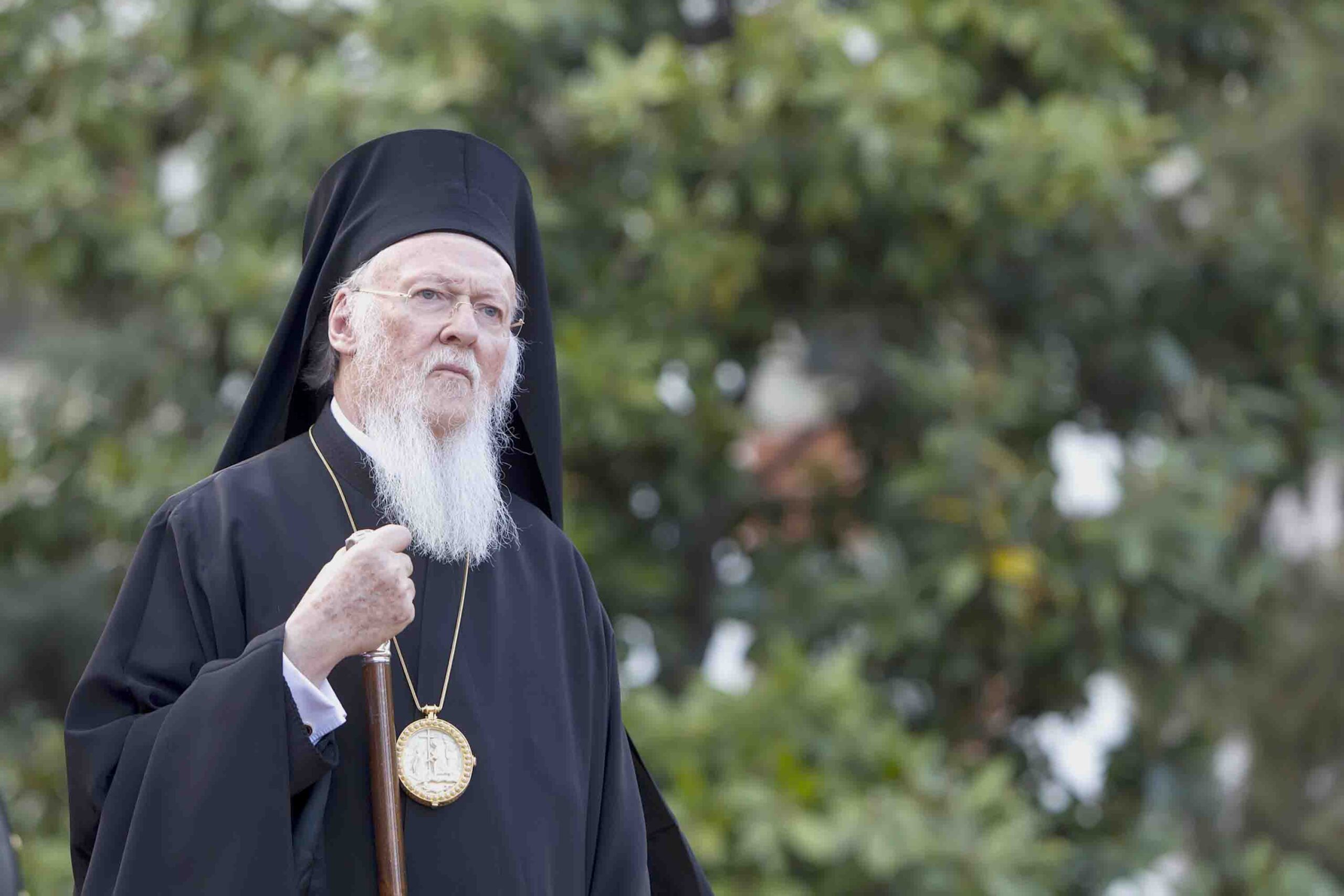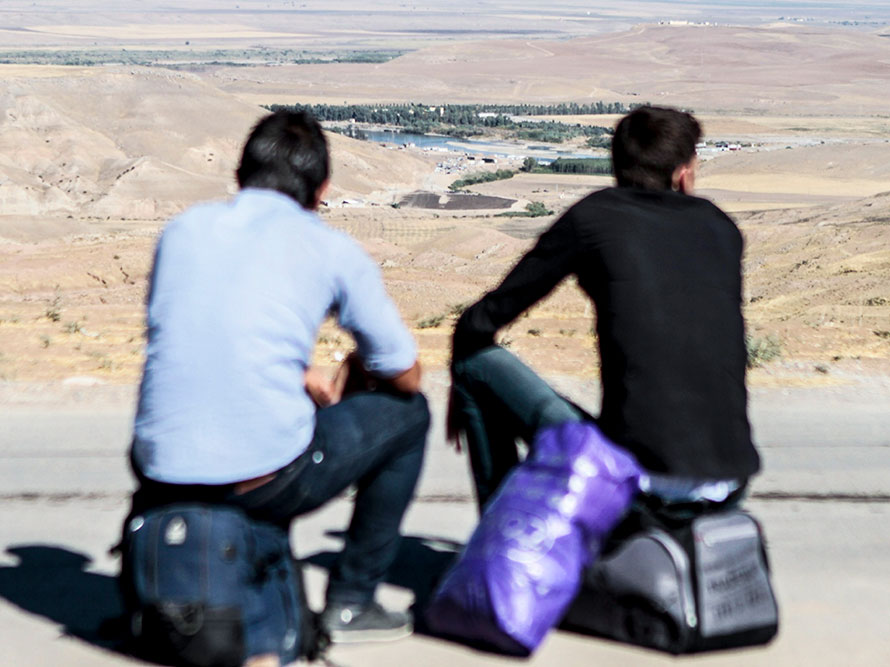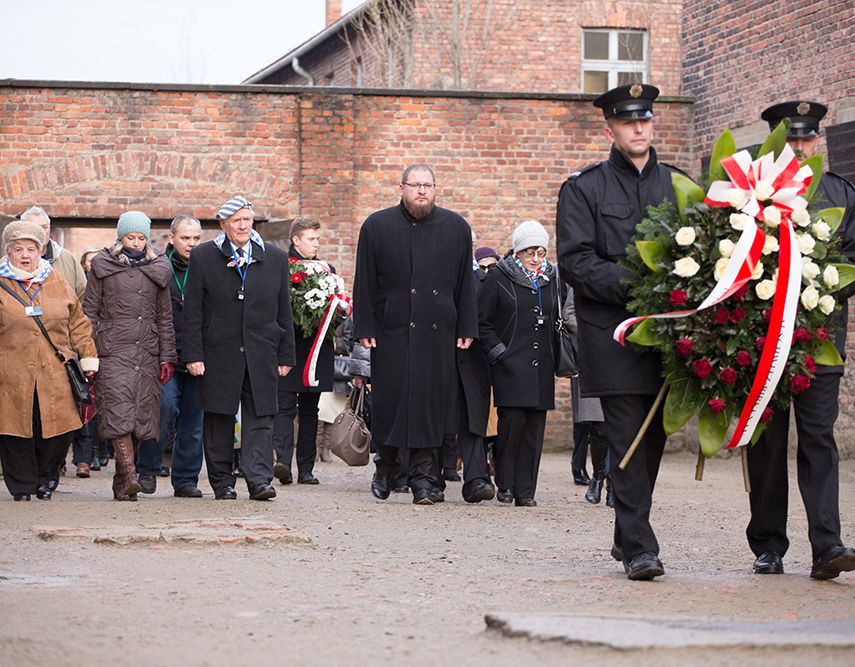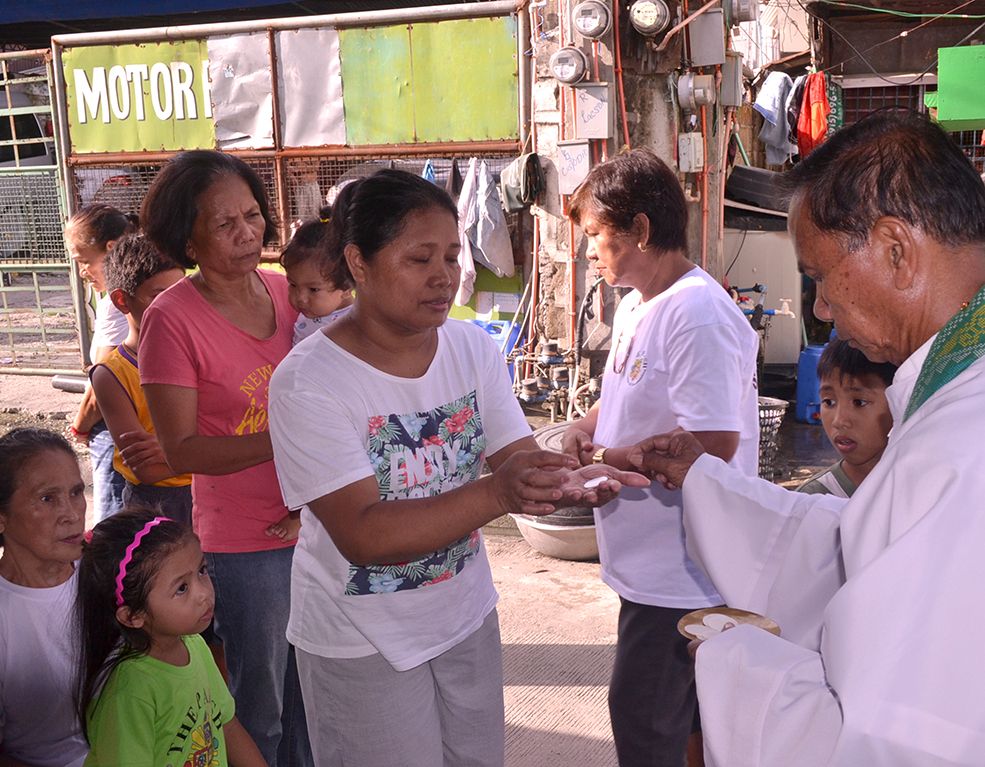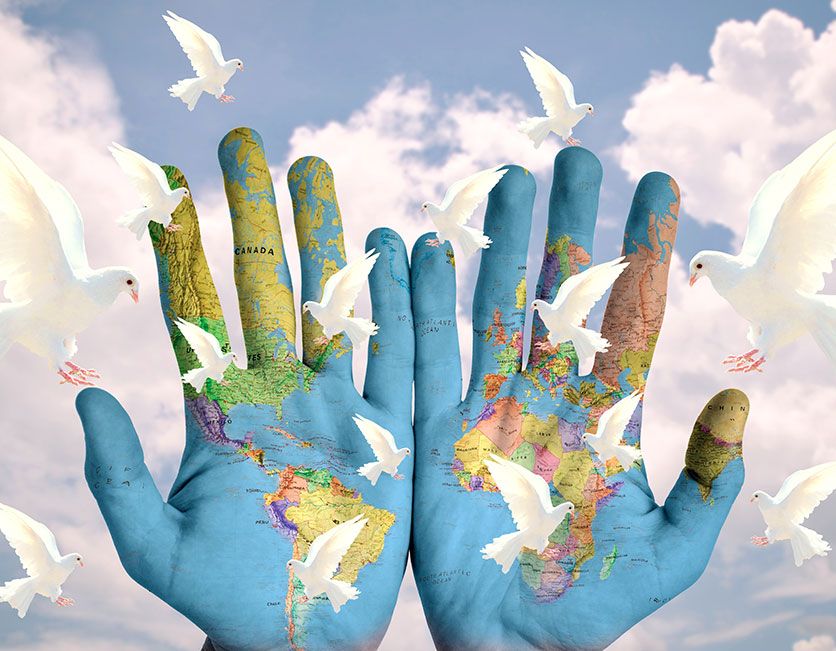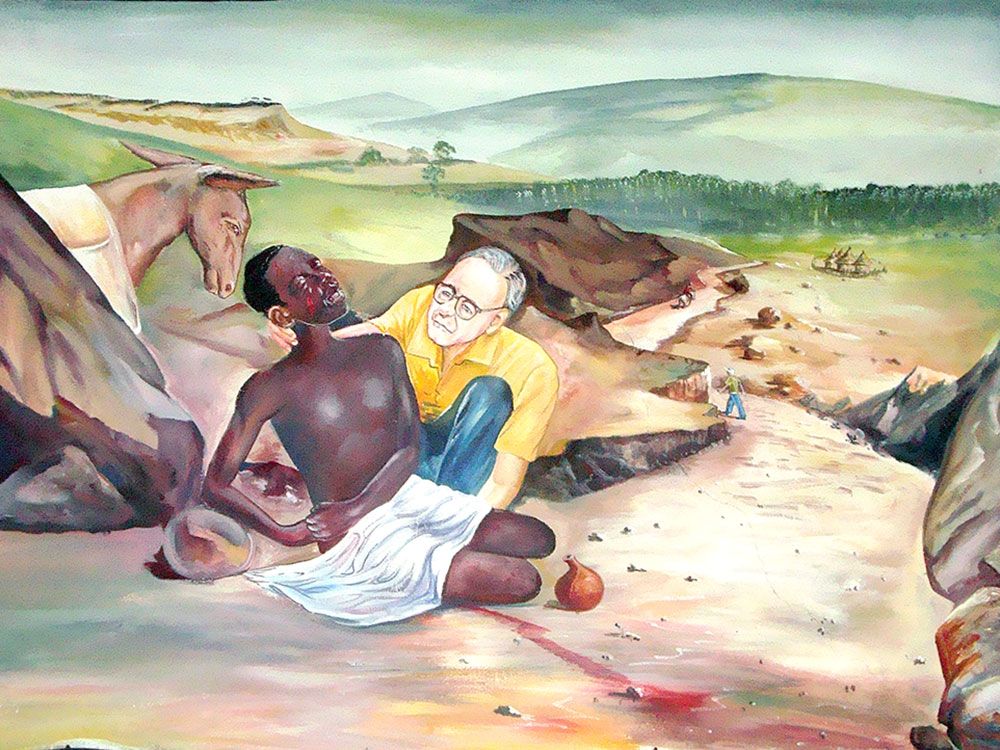Having the Christian faith means believing and living the great values of justice, truth, love, and equality, as well as opposing sin, as preached and practiced by Jesus of Nazareth. He invites us to accept Him as our friend and be His disciple, who will imitate His selfless dedication to doing good for others, opposing evil, freeing the destitute and the downtrodden from their hardships, and supporting victims of child abuse. He calls on sinners to repent and do penance. He saved the world from sin and challenges all of us to do likewise by fighting for justice for abused children and lifting the poor.
This is the faith, mission and message that newly elected Pope Leo XIV and all of us should have and put into action. Pope Leo, like all true Christians, must never compromise with wrongdoing, must never tolerate and cover up crimes against anyone, especially children. Faith is being committed in mind and heart to work for justice and truth, and oppose evil, and believe that we can win.
That is the kind of faith possessed by Australian Columban missionary Fr. Brian Gore, who died on Easter Sunday, April 20. He lived that faith that can change the world and move mountains of sin. This is the faith Pope Leo needs to inspire, teach, and lead the people of God. He will understand the poor and their desire for freedom from poverty and injustice. He can and should bring freedom and social justice to abused and exploited women and children.
Fr. Brian’s spirit will live forever, and he will experience resurrection in the end, for he lived his commitment throughout his life. He came to the Philippines in 1969 after his ordination. He dedicated his life to living his faith and putting it into action for the poor and marginalized people of Negros Island. As a pastor, he organized basic Christian communities in remote villages, training the people there to take responsibility for the community and for one another.
Fr. Brian lived and died in the village of Bantollinao, in the mountains of Negros Occidental province. It is a self-supporting Christian community. He and all the people shared the Eucharist and Christian living together, helping one another. One inspiring story I heard during my many visits to him in Kabankalan, Negros Occidental, was about the members of the basic communities in a rice-growing area.
One farmer, Bernardo de la Cruz, harvested some bananas on his tenant farm. The rich landowner falsely claimed that he owned those bananas and charged Bernardo with theft, resulting in his imprisonment. This was an evil plan to prevent Bernardo from plowing and planting in his fields. His sons were too young to do it. Bernardo would have no harvest and thus have nothing to give to the landowner. He would lose his tenancy, and his land would be forfeited. The landowner planned to make a big plantation by taking over small holdings.
Then one morning, as the sun rose from the horizon, 10 farmers with their carabaos and plows arrived at Bernardo’s farm. They worked all day until nightfall, completing the task. The next few days saw them back, planting rice. The farm was saved, and community leaders enlisted the help of Fr. Brian and his lay workers to free Bernardo, which they successfully did.
Fr. Brian became a strong advocate for farmers’ rights, protesting land-grabbing and the killing of poor farmers by goons hired by plantation owners. He, the clergy and Bishop Antonio Fortich once organized a massive rally to demand social justice, as well as an end to land-grabbing and military oppression. It was the first time poor people came to challenge the wealthy landowners and their political cronies. It was organized by trained farmer-leaders and held in Kabankalan in March 1980 to protest land-grabbing, deforestation, the corrupt local mayor at the time, and the violent military. They were looting and killing tenant farmers, driving them off their plots. I joined Fr. Brian and others in the rally. The military could kill anyone they branded a communist insurgent.
An estimated 10,000 people flooded the town, and giant banners, flags and placards were everywhere. The empowered people were fearlessly protesting and demanding justice. The once all-powerful families that controlled the local government and the military were challenged and unnerved by this show of people power. It got national media attention. The land-grabbing stopped, and the military was ordered to stand down. The cruel mayor was assassinated in 1983 by communist insurgents. Months later, Fr. Brian, Fr. Niall O’Brien, Fr. Vincente Dangan, and six lay workers were wrongly arrested, jailed, and charged with his murder.
The “Power to the People” rally was not forgotten; it was a form of revenge. They were known as the “Negros 9,” fighting for social justice. They lived and suffered for their faith. The dictator Ferdinand Marcos Sr. finally bowed to international outcry over the injustice and released them in 1984 for lack of evidence. After Marcos was ousted in February 1986, they returned to their mission with renewed faith. Their mission continues to this day through the Negros Nine Human Development Foundation.
Pope Leo XIV must become a leader who takes decisive action to protect victims of clerical sexual abuse and bring abusers to justice in the civil courts. He is challenged to oppose the evil of human slavery and the trafficking of hundreds of thousands of children every day. He needs the support of every bishop and believing Catholics to do it.





